Research and resources on social cohesion theory and best practice.
The Belong Network Library
Research and resources on social cohesion theory and best practice.
Research and resources on social cohesion theory and best practice.
Research and resources on social cohesion theory and best practice.
The Belong Library is free to access and brings together a wide range of online resources produced by the public, private and civil society sectors to build the evidence base around social cohesion.
It is regularly updated and includes:
Please contact us if you are unable to find what you need – we’d be delighted to help.
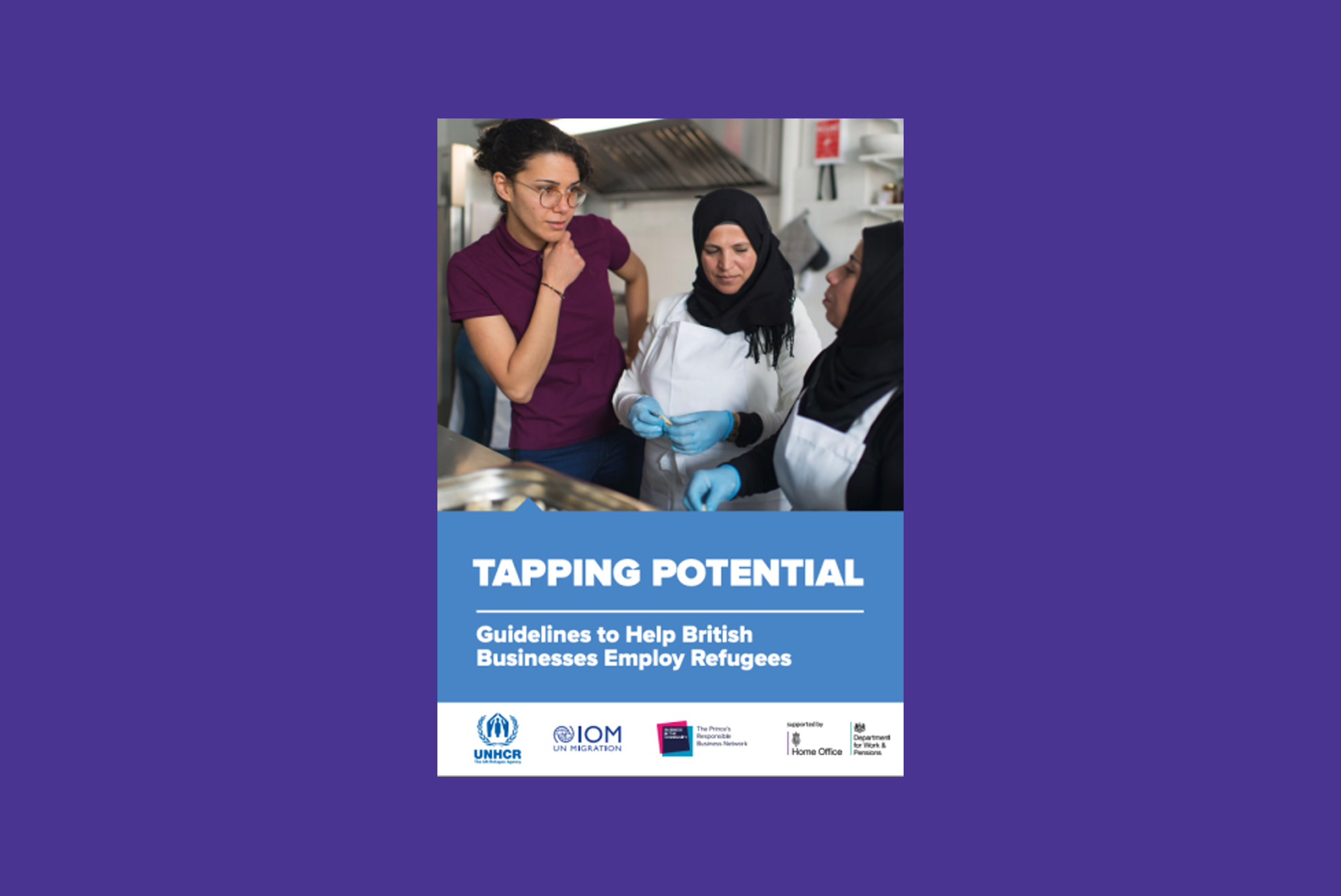
Produced by the Home Office, in partnership with the UN Refugee Agency (UNHCR), the International Organisation for Migration (IOM) and Business in the Community. This is a new toolkit which provides a simple guide for UK businesses when supporting refugees into the UK workforce. It includes the following sections: -Getting the facts right: refugees in the UK -Business benefits of hiring refugees -Inspire and prepare refugees for employment -Hire: Create a refugee-friendly recruitment process -Grow: Enable refugees to thrive in the workplace
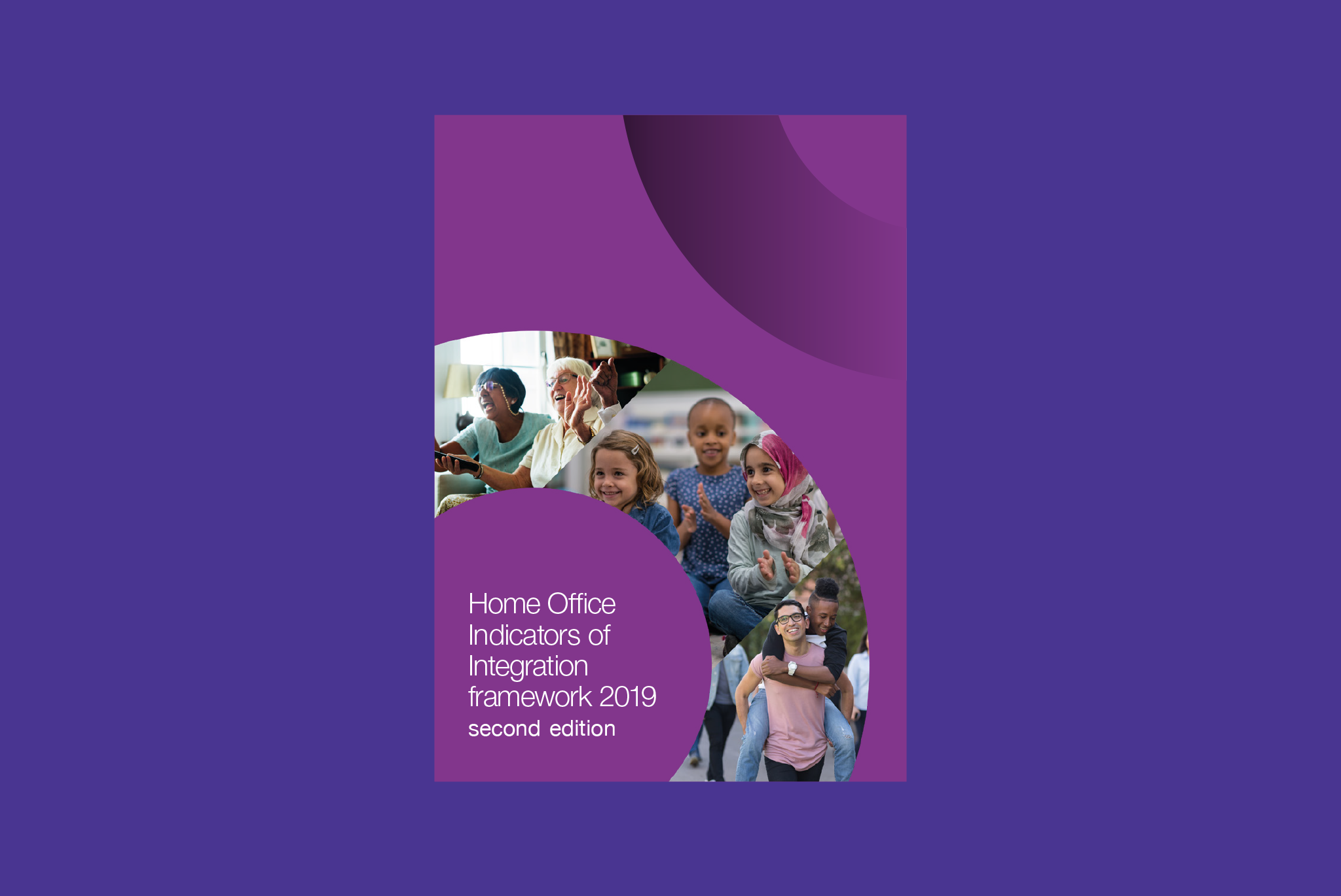
This report, published in 2019, provides a framework for measuring integration across fourteen areas: work, education, housing, health and social care, leisure, social bonds, social bridges, social links, language, culture, digital skills, safety, stability and rights work. It will be of use to those wanting to learn more about how integration can be measured across different areas, using a structured framework of analysis.
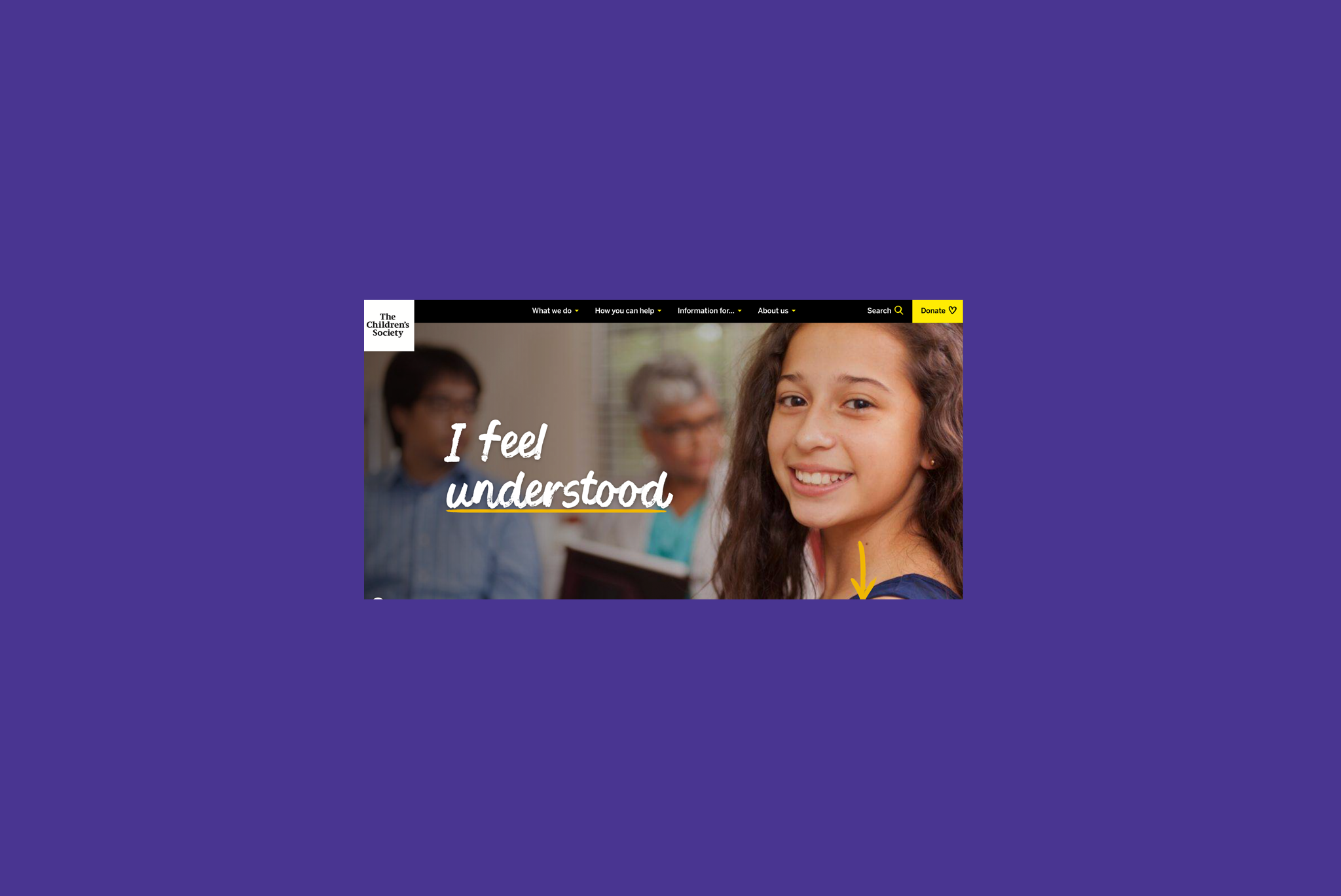
Produced by the Children’s Society, this comprehensive web-based toolkit is for any practitioners and agencies supporting young refugees, asylum seekers and those who are young carers.
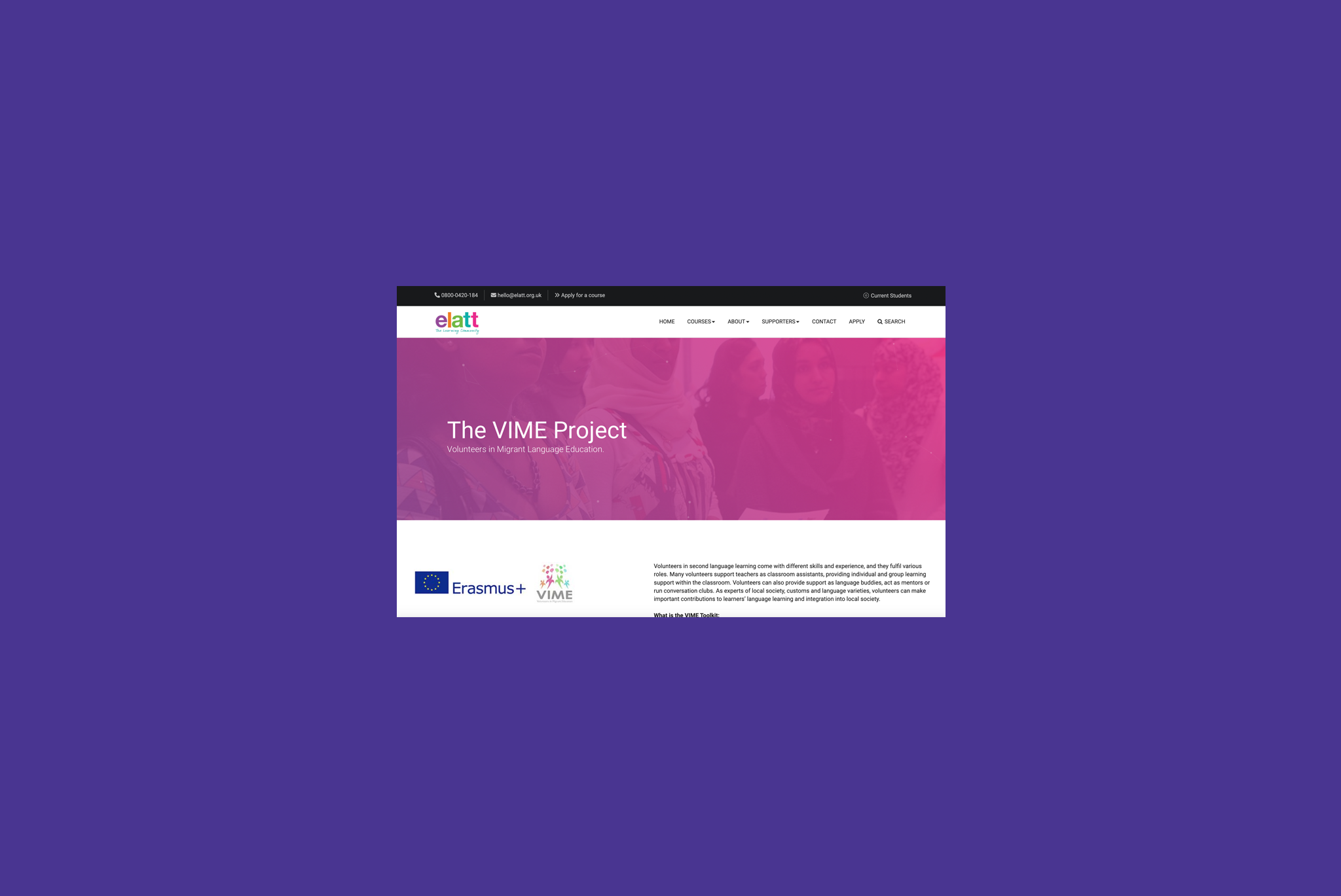
A collection of resources that provide practical advice and recommendations on delivering volunteer-led English language programmes in the community for migrants.

This website offers advice and training throughout Europe, teaching professionals 'in the middle' how to explore effective positions, recognise their (im)possibilities and set out a polarisation strategy. Professionals such as police officers, mayors, policy makers, radicalisation experts, public prosecutors, teachers, directors and journalists may find the most benefit from the polarisation framework, however the platform is available to all. Visit the 'In the Media' and 'Books' section to see more resources.
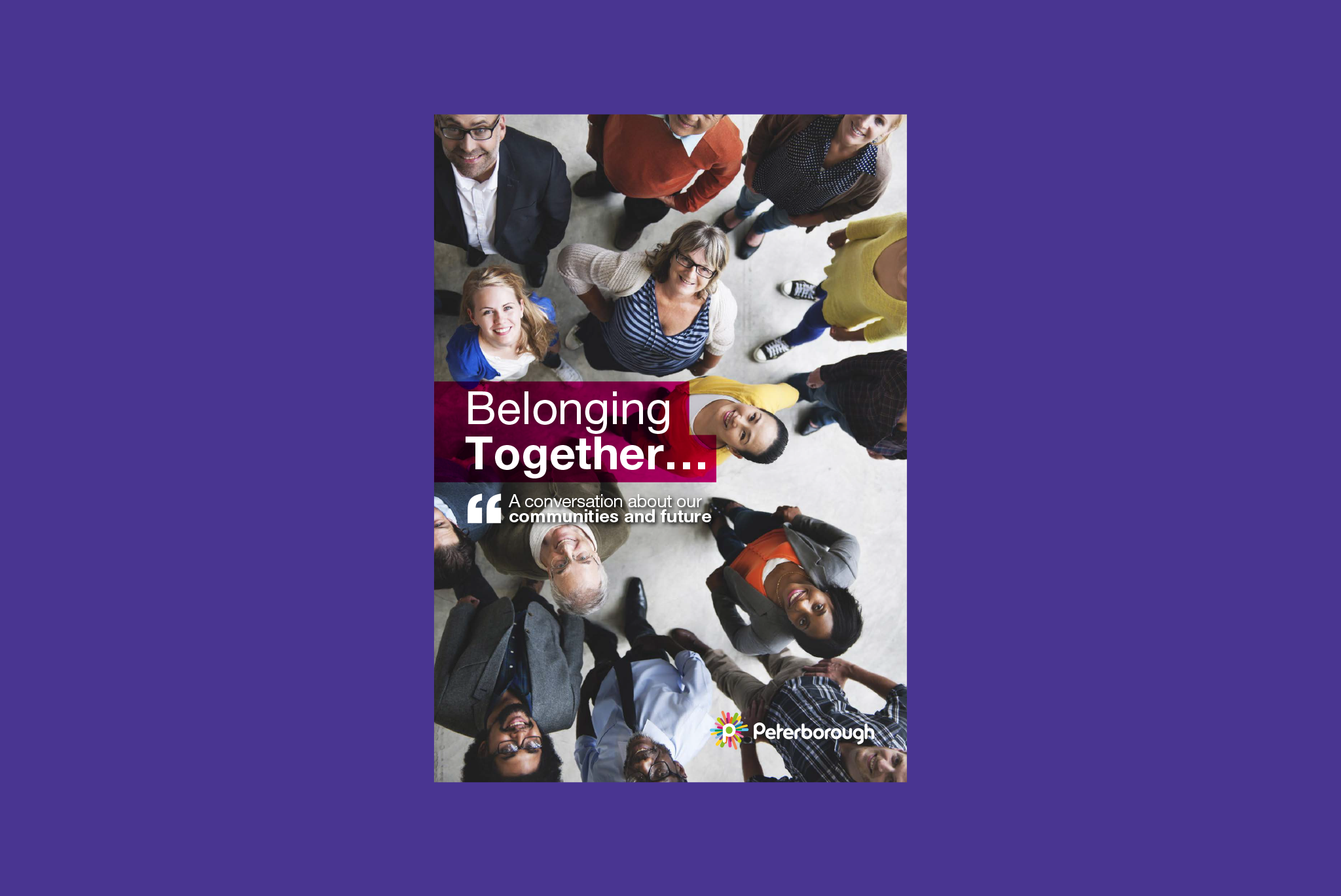
Peterborough has been chosen by the government as one of five areas to pilot local integration plans. This document is Peterborough's interim Local Integration Strategy for promoting cohesion and integration. The strategy kick-starts Peterborough’s new vision for integration. Known locally as the ‘Think Communities’ approach, this vision will put community at the heart of all future work. Peterborough will engage with local communities on four main priority areas: Economic Opportunity - ensuring everyone benefits from the city’s growth; Bringing Communities Together – building connections between people from different communities; Young People - investing in young people; English Language – helping citizens improve English language skills.
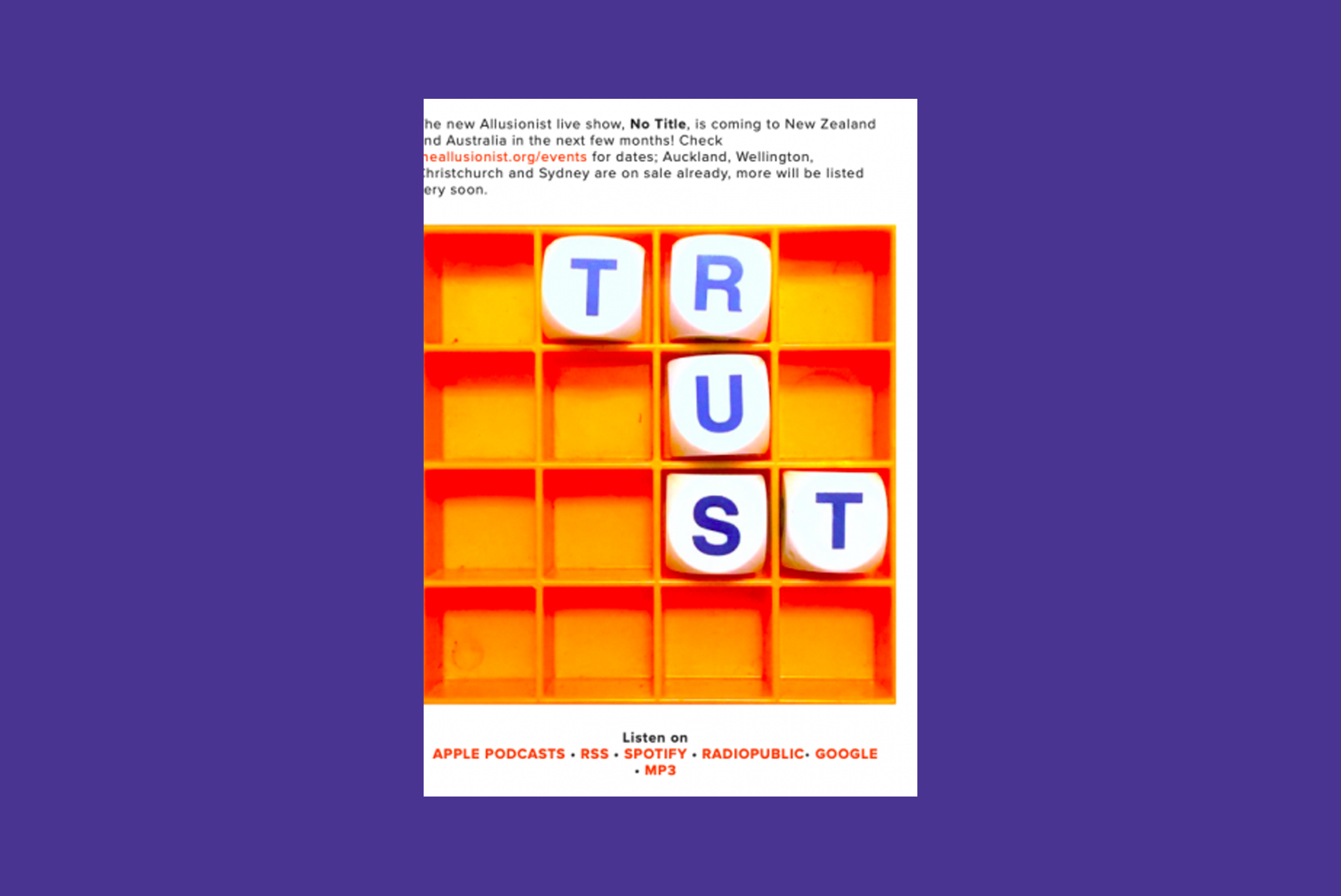
In this podcast, Rachel Botsman, an expert on trust, explores how and why we do and don't trust certain people, and explores the relationship between trust and apology. She describes trust as the 'social glue' that holds us together.
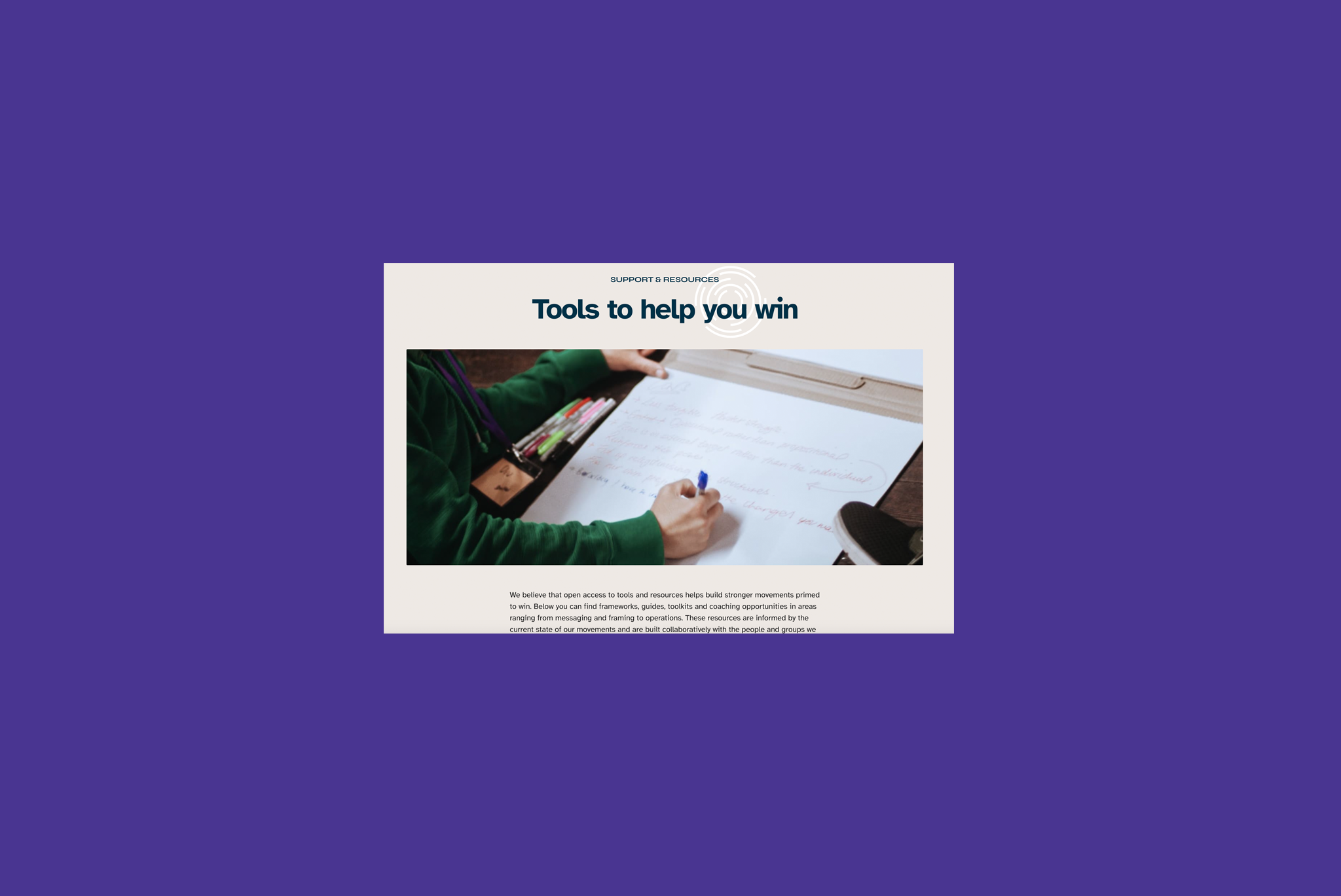
New Economy Organisers (NEON) Toolkits NEON is a network of over 1,600 UK organisers from 900 different civil society groups. The network organises training, and supports campaigns, that help bring about social change. A number of toolkits are available on their website.
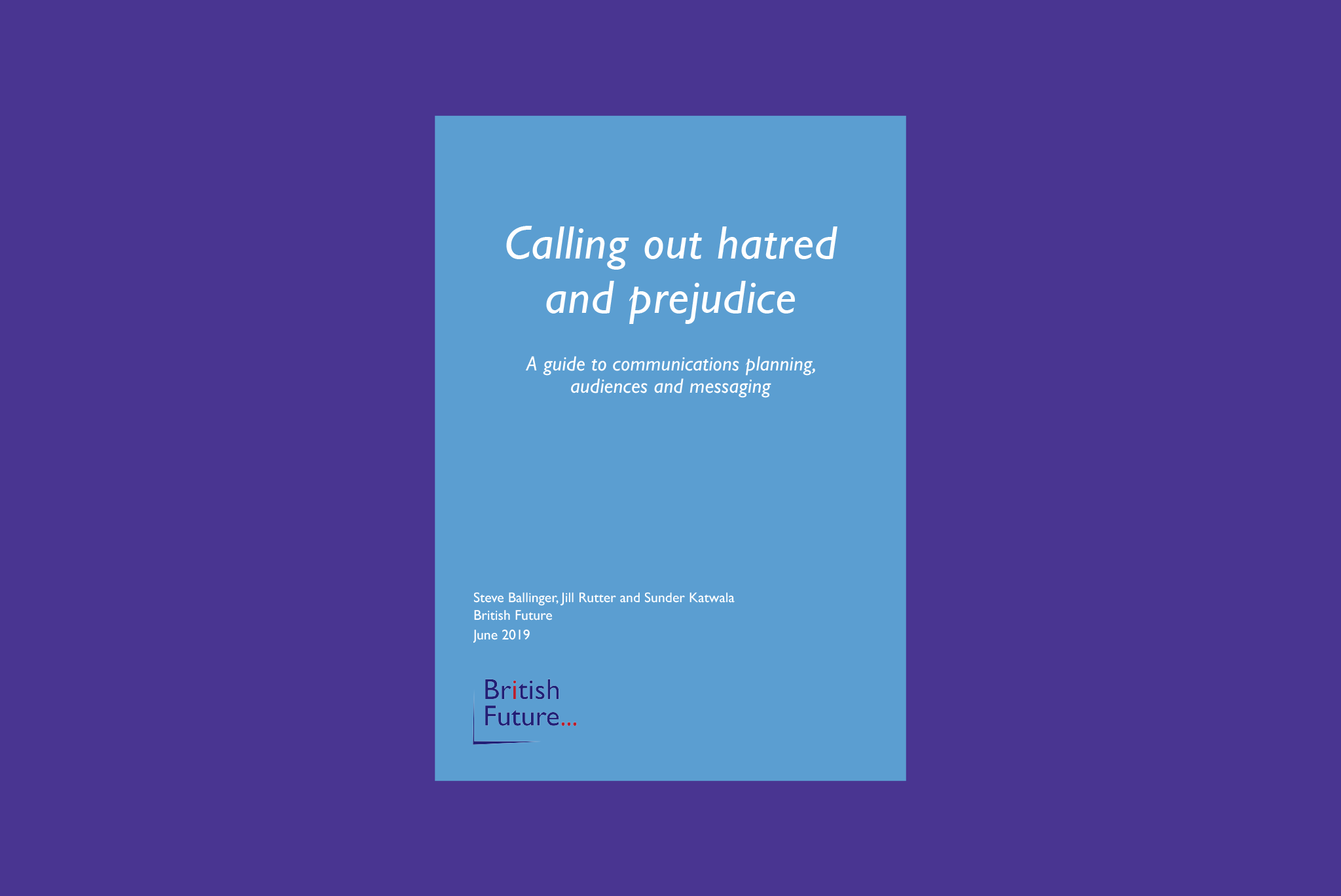
This report was published in June 2019 by British Future, an independent think tank which engages people’s hopes and fears about integration and migration.
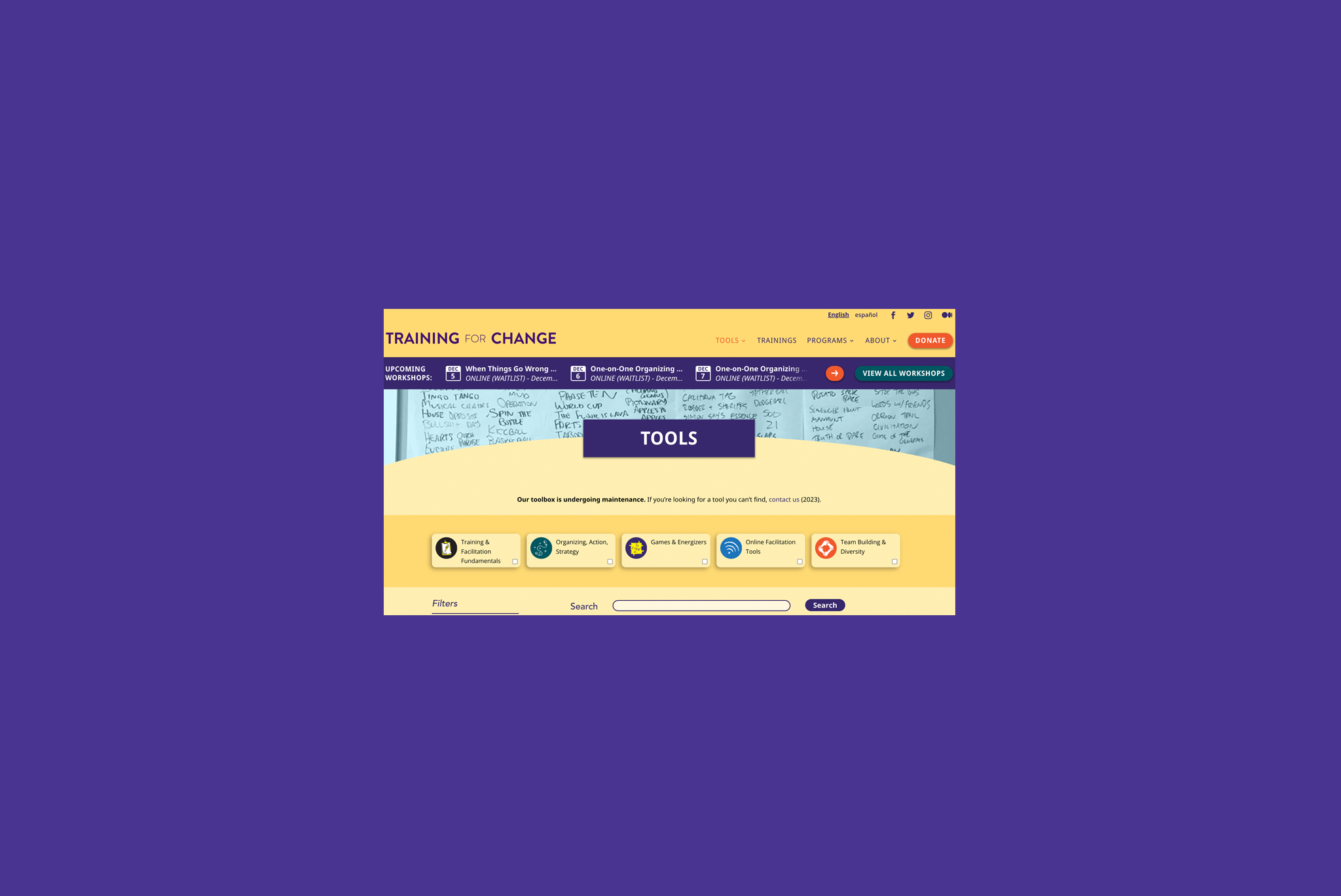
Training for Change is a training and capacity building organisation for activists and organisers, based in Philadelphia. Their website has an extensive range of searchable and downloadable training resources covering.